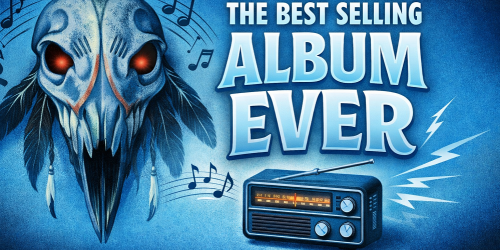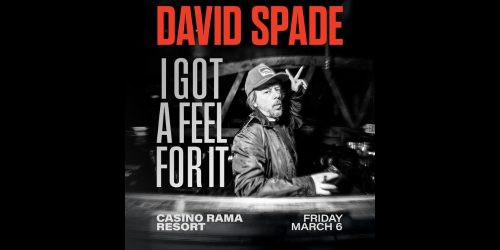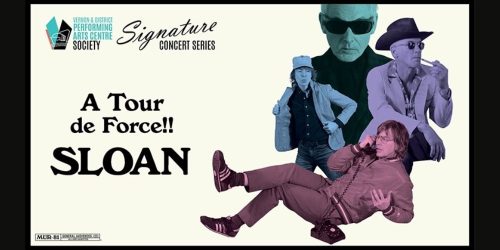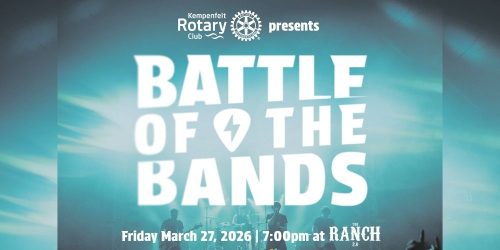Rock Musicians You Did Not Know Have Indigenous Backgrounds
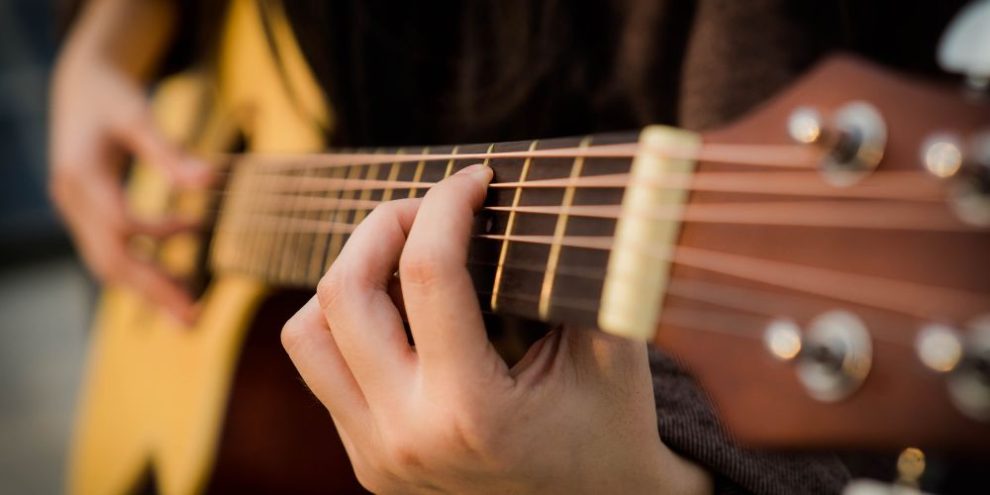
Rock music has always been a platform for artists to express themselves. But beyond the iconic guitar solos, flamboyant stage presence, and anthems of defiance, the genre is a treasure trove of stories and cultural diversity.
Today, we're going to take a look at musicians we play on Rock 95 and who have a special connection to Indigenous cultures. Their contributions remind us that rock 'n' roll thrives on the diversity of human experiences, bridging cultural divides through the universal language of melody and rhythm.
The Band – Robbie Robertson
Robbie Robertson is Canadian, Mohawk and Cayuga First Nations. His mother grew up on the Six Nations of the Grand River, near Brantford. Robertson spent many summers there as a youth. During that time, he learned about the ancient wonders and enduring responsibilities of his heritage, which profoundly influenced his songwriting and perspective.
Jimi Hendrix
Jimi Hendrix's grandmother was part Cherokee, which Hendrix's family continues to celebrate to this day. Throughout his prolific career, Hendrix's background inspired both his music and his clothing.
The Tragically Hip – Gord Downie
While not indigenous himself, The Tragically Hip's Gord Downie was heavily involved in Indigenous history and committed to reconciliation. He and his brother Mike, along with the Wenjack family, founded the Gord Downie and Chanie Wenjack Fund. The organization supports reconciliation between Indigenous and non-Indigenous peoples.
The fund is a large part of Downie's legacy and commitment to Canada's First Peoples.
Chanie Wenjack was a young indigenous boy who tried to escape a residential school but died trying. Downie's 'Secret Path Project' is based on this story.
In 2016, National Chief Perry Bellegarde honoured Downie with an eagle feather, a symbol of the creator above, for all of his support of the Indigenous peoples of Canada. He also received an honorary Lakota name, Wicapi Omani, which is Lakota for "man who walks among the stars".
Jackson Browne – Jesse Edwin Davis
Jesse Edwin Davis, the guitarist for Jackson Browne, was a Native American. His dad's ancestry was a blend of Comanche, Seminole, and Muscogee (Creek), and his mother was a Kiowa.
In 2018, Jesse was inducted into the Native American Music Hall Of Fame.
Beyond his work with Jackson Browne, Jesse Ed Davis was a revered session and live musician who played with some of the biggest names in rock history, including George Harrison, Ringo Starr, John Lennon, Bob Dylan, and Eric Clapton. His remarkable talent and Kiowa-Comanche roots made him a standout, leading to his induction into the Native American Music Hall Of Fame in 2018.
Ozzy Osbourne – Randy Castillo
Randy Castillo was a powerhouse drummer for Ozzy Osbourne and Mötley Crüe, who passed away in 2002. As a mixed-race Apache Native American, Castillo brought a formidable presence and undeniable skill to every band he joined.
Grand Funk Railroad – Mark Farner
Mark Farner, frontman of Grand Funk Railroad, has Cherokee ancestry. Known for hits like “We’re an American Band” and “Some Kind of Wonderful,” Farner has proudly acknowledged his Native roots throughout his career, using his platform to support Native causes and communities.
Willy DeVille
Willy DeVille, best known for his band Mink DeVille and collaborations with legends like Bruce Springsteen and Van Morrison, had Pequot heritage through his maternal line. His eclectic sound and style were informed by a deep respect for cultural traditions, including Native American music and themes.
Frank Zappa and the Mothers of Invention – Jimmy Carl Black
Jimmy Carl Black, of Cheyene descent, was the drummer for Frank Zappa and the Mothers of Invention. Known for his signature line, “Hi, boys and girls, I'm Jimmy Carl Black, and I'm the Indian of the group,” he brought both talent and identity proudly to the stage.
Link Wray
Link Wray was a revolutionary American rock and roll guitarist, widely credited with popularizing the power chord – a foundational element of rock, punk, and metal music.
Born into a Shawnee family, Wray's raw, distorted sound broke through in 1958 with the instrumental hit "Rumble." Famously achieved by punching holes in his amplifier speakers, this aggressive tone was so groundbreaking that it was even banned in some areas for fear of inciting violence.
Wray's pioneering use of feedback and distortion, deeply rooted in his experiences as an Indigenous man, solidified his legacy as a true rock innovator whose influence resonates throughout music history.
These are just some of the artists who remind us that rock 'n' roll is not confined to a single narrative. It thrives on the diversity of human experiences. Their connection to Indigenous roots adds depth and dimension to the genre, serving as a testament to the power of music to bridge cultural divides and unite people through the universal language of melody and rhythm.
As we continue to celebrate the music that has shaped generations, let us also honor these rock musicians, whose Indigenous backgrounds have contributed to the vibrant mosaic of rock 'n' roll, reminding us that the world of music is as diverse and inspiring as the stories of those who create it.
Snag Our Newsletter
Hit that button like you’re pressing play on your favourite track. get exclusive content, stories, and news.

